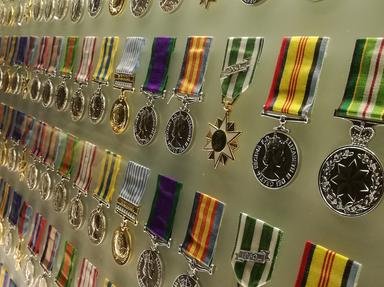11. The Battle of Antietam (or Sharpsburg), the bloodiest day of the American Civil War, was lost by the Confederate forces in part because of a colossal blunder. What was it?
From Quiz If I Only Had a Brain
Answer:
A Confederate officer left detailed battle plans where Union forces could find them.
In September of 1862, the Union forces were camped in an area in which the Confederate forces had camped a couple of days before. Two Union soldiers, Barton Mitchell and John Bloss, found some papers wrapped around three cigars and took these to their commanding officer, General George McClellan. The papers turned out to be General Robert E. Lee's battle plans. They were detailed orders dividing his forces and sending them to different locations, and they even explained exact routes. The result of the ensuing battle, which occurred near Antietam Creek on September 17, 1862, was 23,000 dead and wounded soldiers. The Confederacy lost tremendous numbers of men, and the loss also convinced Britain to stay out of the war when the country was tempted for a while to assist the Confederacy. The only thing that kept the Confederacy's northern army from being completely devastated was the fact that General McClellan delayed eighteen hours before taking advantage of his knowledge of Lee's plans, presumably because he considered the plans might be fake and thus a ruse to mislead him. After all, what dummy would have left real plans behind?







 Quick Question
Quick Question